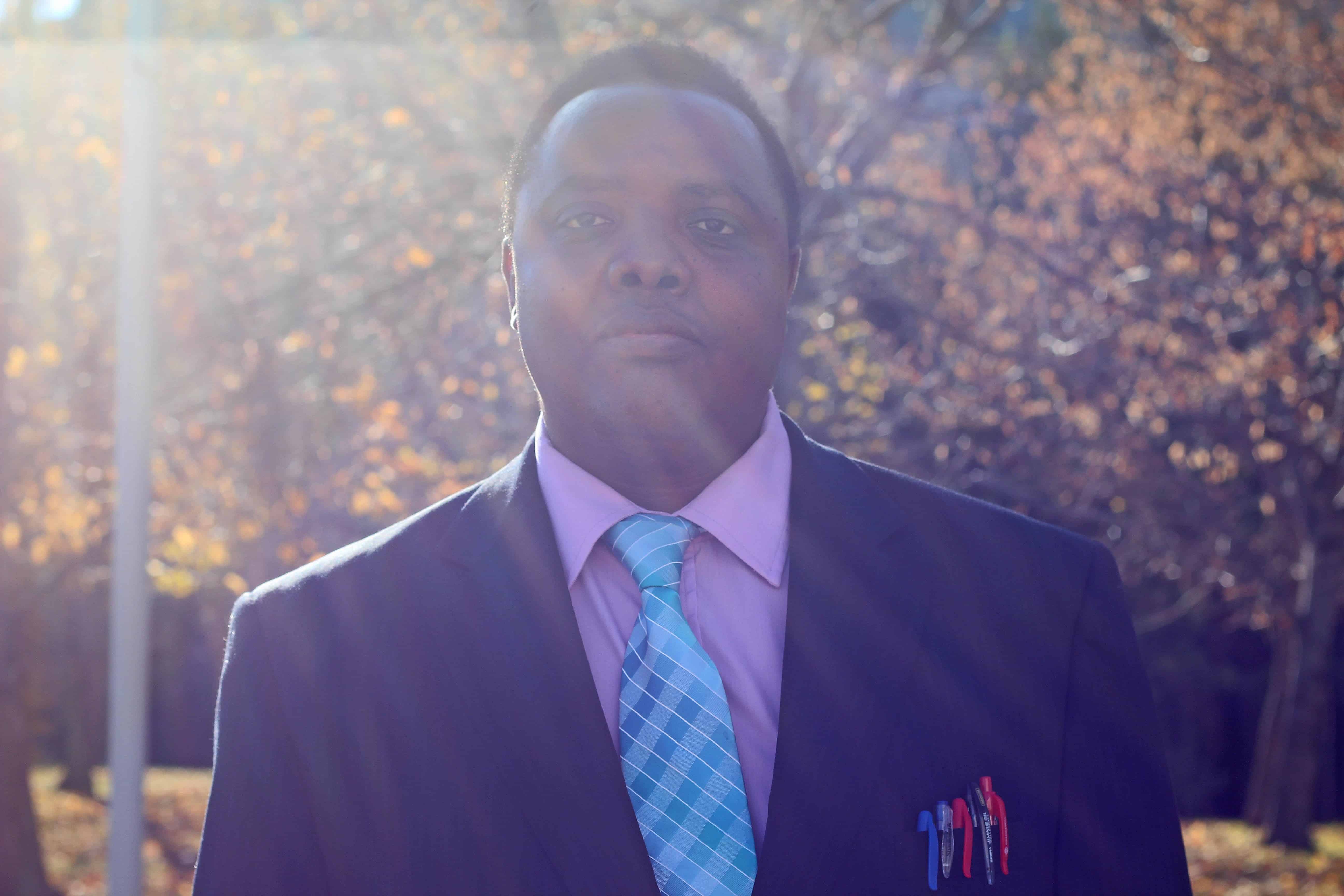
Dr. Joseph Mburu will run in the 2017 Kenyan elections
Dr. Joseph Mburu teaches political science at the University of Regina, specializing in international, comparative, and third-world politics, and is preparing to run for the Kenyan presidency in 2017.
While colonial-era divisions remain strong in Kenyan society, Mburu and his team hope the Kenyan Peoples’ Welfare Party’s appeal will bridge these divisions. These divisions manifest themselves in the fact that all four presidents of independent Kenya have come from the country’s Rift Valley and Central regions.
“Some regions in Kenya, such as Coast Province, though violent and informal, are attempting to secede and form their own country, because they have lost hope that they will ever be able to benefit from the current system.”
The wealthiest of Kenyans control 42 per cent of the economy. Mburu tells us this inequality has contributed to impoverished Kenyans joining terrorist and separatist groups such as Al Shabab and Mombasa Republican Council (MRC). These impoverished Kenyans have been left out of the economic and political systems of their country and are looking to alternatives to traditional methods to solve their longstanding problems.
Crimes against humanity perpetrated or encouraged by the Kenyan executive over the last two decades have led to a place in which the Kenyan people have little faith in the Kenyan political system. Mburu says he will institute new controls to prevent legislators from inciting political violence; these will also provide measures for punishing members of government found to be involved in these crimes.
Mburu’s Kenyan Peoples’ Welfare Party is already facing early opposition from the Kenyan state who refuse to ratify it as an official political party. The Kenyan Constitution’s section 92 forbids parties “founded on a religious, linguistic, racial, ethnic, gender or regional basis or seek to engage in advocacy of hatred on any such basis,” so Mburu and his team are rightfully confused.
Mburu hopes his party can introduce the political stability needed to attract foreign investment without the massive subsidies currently in place. Development is the order of the day for Mburu, who states that Kenya’s electrical grid and road network must be updated and improved before these conditions can be arrived at.
“The supply of electricity is concentrated in very few regions, so we must diversify our energy sources with a particular focus on green energy. That will mean geothermal power, which there is a great potential supply of in Kenya. At the same time, solar energy and wind energy.”
Speaking with Mburu it is clear he has a great deal of faith in himself, his platform, and the people of Kenya; whether or not they are rewarded with the presidency in three years remains to be seen, but a party of this nature is sure to have broad appeal in a population rife with ethnically-based social and economic divisions.
For our feature length interview with Mburu click here.










[…] October 23, 2014 – U of R professor may be next Kenyan President […]